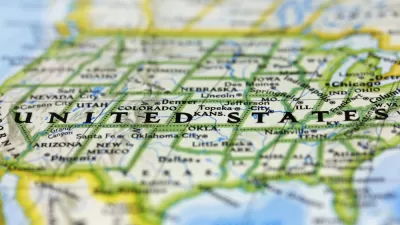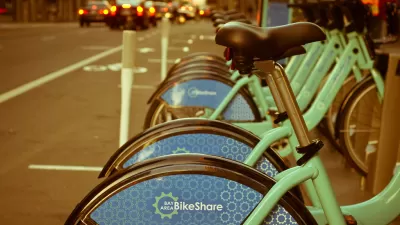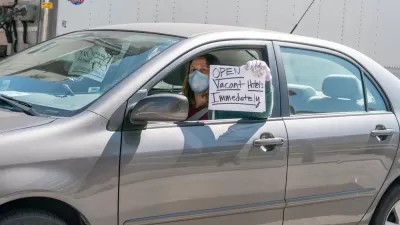A new study, "Tech for Transit: Designing a Future System," concluded that four-fifths of research participants felt car ownership was not essential to their everyday commute.
The study asked 18 car drivers in Boston and San Francisco to forgo the use of their cars for one week and, instead, rely on public transit, walking, bicycling and sharing rides. The research was conducted by the Boston-based research consultancy group Latitude and Next American City, a nonprofit organization dedicated to promoting socially and environmentally sustainable economic growth.
"More than two-thirds of participants cited convenience, control, and flexibility-not comfort or
status, as the chief benefits of car ownership. After their car-free week, more than four-fifths felt car
ownership was not essential, particularly if they could have access to car-sharing or ride-sharing services."
Thanks to Jeffrey Riecke
FULL STORY: New Study: Car Ownership Not Essential to Everyday Commute

Maui's Vacation Rental Debate Turns Ugly
Verbal attacks, misinformation campaigns and fistfights plague a high-stakes debate to convert thousands of vacation rentals into long-term housing.

Planetizen Federal Action Tracker
A weekly monitor of how Trump’s orders and actions are impacting planners and planning in America.

In Urban Planning, AI Prompting Could be the New Design Thinking
Creativity has long been key to great urban design. What if we see AI as our new creative partner?

King County Supportive Housing Program Offers Hope for Unhoused Residents
The county is taking a ‘Housing First’ approach that prioritizes getting people into housing, then offering wraparound supportive services.

Researchers Use AI to Get Clearer Picture of US Housing
Analysts are using artificial intelligence to supercharge their research by allowing them to comb through data faster. Though these AI tools can be error prone, they save time and housing researchers are optimistic about the future.

Making Shared Micromobility More Inclusive
Cities and shared mobility system operators can do more to include people with disabilities in planning and operations, per a new report.
Urban Design for Planners 1: Software Tools
This six-course series explores essential urban design concepts using open source software and equips planners with the tools they need to participate fully in the urban design process.
Planning for Universal Design
Learn the tools for implementing Universal Design in planning regulations.
planning NEXT
Appalachian Highlands Housing Partners
Mpact (founded as Rail~Volution)
City of Camden Redevelopment Agency
City of Astoria
City of Portland
City of Laramie





























